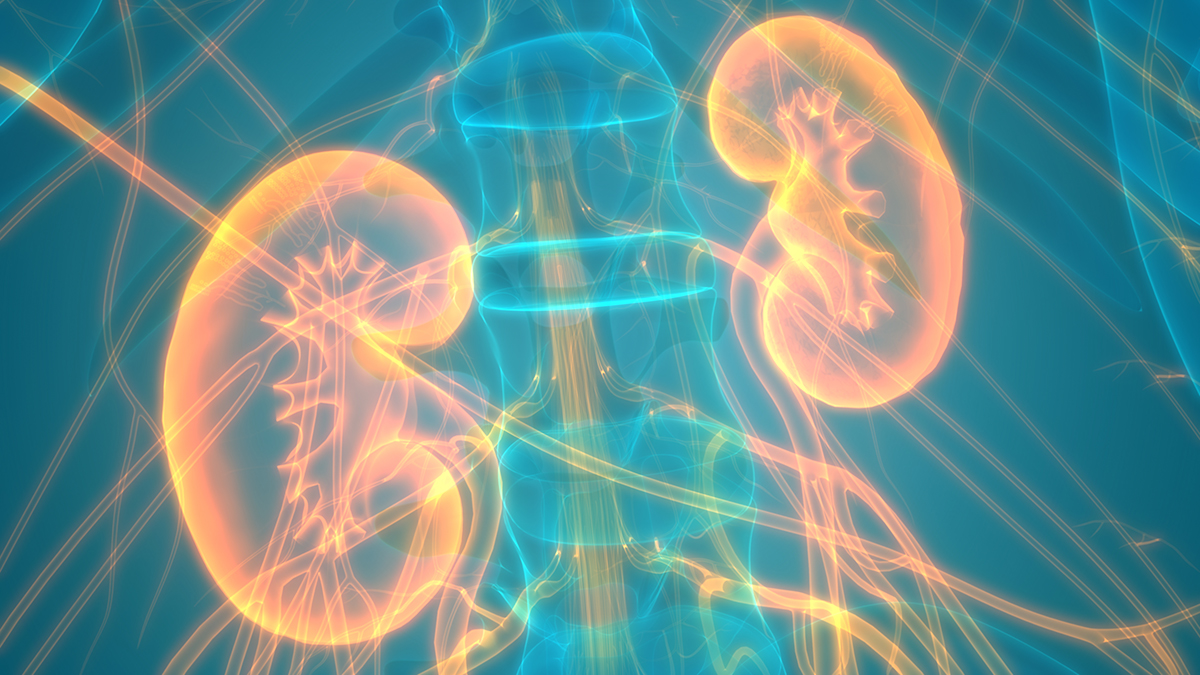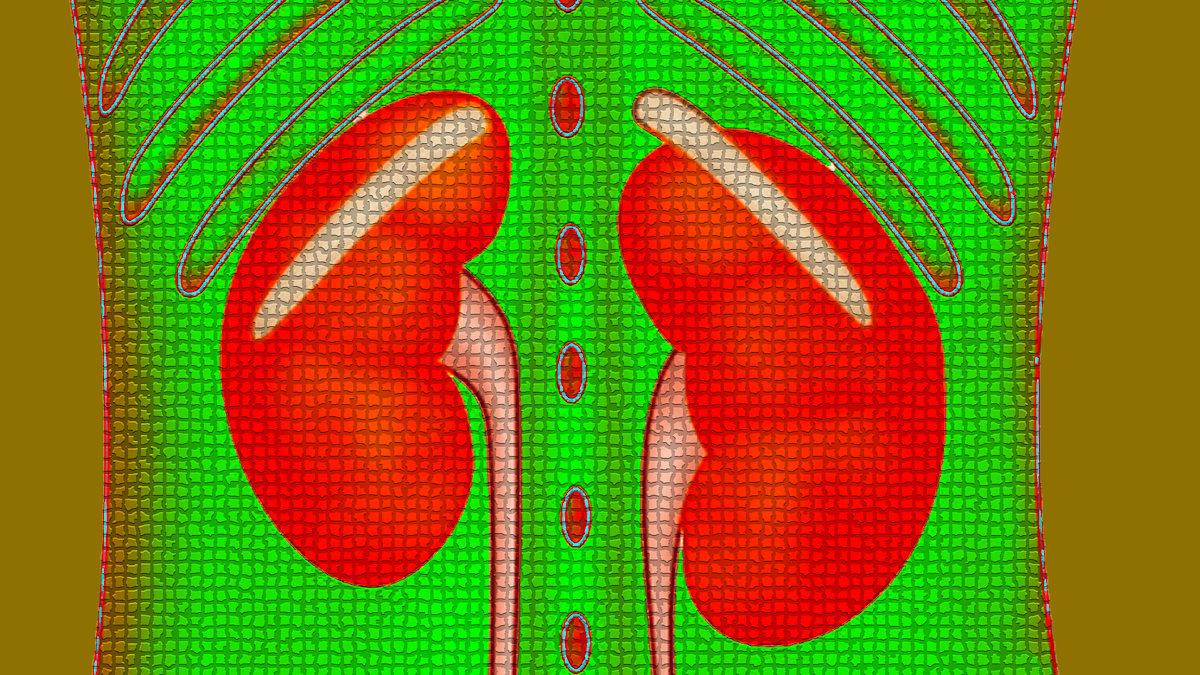Drug combos from AZ, Boehringer show promise in CKD

Combination regimens based on SGLT2 inhibitors and two drugs with different mechanisms of action have shown activity in patients with chronic kidney disease (CKD), raising the hope of more effective treatments.
At the American Society of Nephrology (ASN) Kidney Week 2023 congress, AstraZeneca and Boehringer Ingelheim both presented data from mid-stage trials of combinations that will now be taken forwards into phase 3 programmes.
AZ’s ZENITH-CKD study looked at the combination of its SGLT2 drug dapagliflozin with zibotentan, an endothelin A (ETA) receptor antagonist, on levels of albumin in the urine (albuminuria), a surrogate marker for CKD severity.
Elevated levels of albuminuria are associated with an increased risk of kidney function loss over time, so a key goal of CKD therapy is to reduce levels and slow down the progression of the disease, which affects a massive 850 million people worldwide.
Compared to dapagliflozin alone, the dual therapy achieved statistically significant reductions in urinary albumin-to-creatinine ratio (UACR) at 12 weeks, with a high-dose regimen cutting levels by 52.5% and a lower dose bringing them down by 47.7%. UACR is used to gauge the severity of albuminuria.
Earlier attempts to develop ETA antagonists for CKD have been plagued by a tendency to cause fluid retention, but AZ said that was not an issue in the low-dose group, with similar levels seen in the dapagliflozin and lower-dose combination arms of the study.
All told, 18.4% of the high-dose group experienced fluid retention, compared to 8.8% of patients on the low dose and 7.9% of controls, and AZ now thinks it has a regimen to take forwards into phase 3 that strikes a balance between efficacy and tolerability. The late-stage studies are due to start before the end of the year.
AZ already sells dapagliflozin as Farxiga/Forxiga for diabetes, CKD, and heart failure and it is one of the company’s top-selling brands, with sales of $4.4 billion last year.
Boehringer, meanwhile, presented new data from the combination of its Eli Lilly-partnered SGLT2 drug empagliflozin with experimental aldosterone synthase inhibitor BI 690517 at ASN.
14-week data from a phase 2 trial found that at the highest dose tested, BI 690517 plus empagliflozin achieved a 39.5% reduction in albuminuria compared to empagliflozin plus placebo, which the company said suggests “additive” and “clinically relevant” efficacy.
Up to 70% of patients on the combination achieved the threshold of a 30% or better reduction in UACR, which was a secondary endpoint in the study, said Boehringer.
Excessive aldosterone levels are suspected of causing organ damage and promote conditions such as high blood pressure, CKD, and heart failure. With the new data in hand, Boehringer said it now plans to start a phase 3 programme of the dual regimen, called EASi-KIDNEY, early next year.
Empagliflozin is sold as Jardiance for diabetes, heart failure, and CKD, with 2022 sales coming in at around $6.1 billion.













